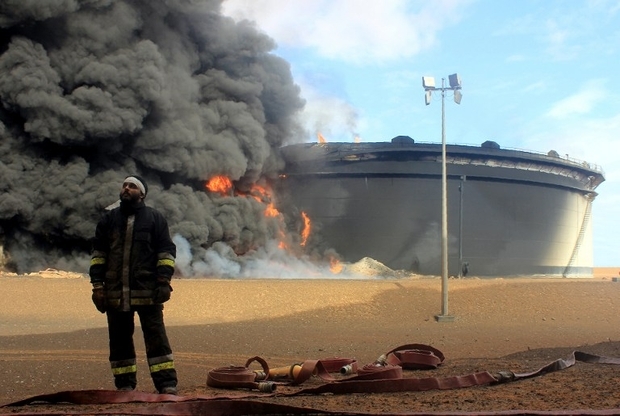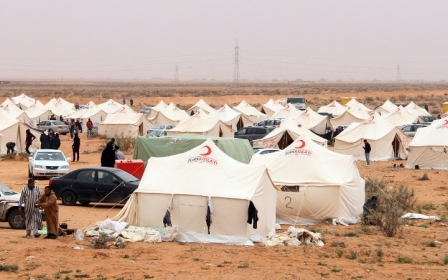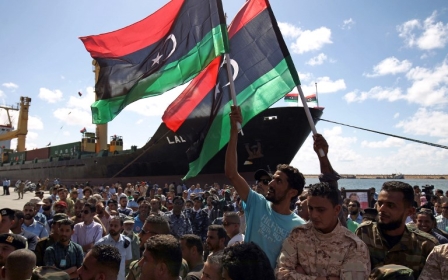US sanctions Libya oil smugglers

The United States has issued a new round of sanctions targeting oil smugglers in Libya aimed at blocking exploitation of natural resources that is driving instability, the US Treasury Department said on Monday.
In a statement, Treasury's Office of Foreign Assets Control (OFAC) said it was sanctioning six people, 24 companies and seven vessels in a move that prohibits Americans from engaging with those targeted and freezes any related property under US jurisdictions.
The sanctions target people from Libya, Malta and Egypt for "involvement in the smuggling of petroleum products from Libya to Europe".
Issued under the authority of a 2016 executive order by then President Barack Obama, companies based in Italy, Libya and Malta are also targets, the statement said.
Darren Debono, a Maltese former international footballer, allegedly formed with others an "unofficial consortium" to smuggle Libyan oil into a Malta and Italy, the Treasury's Office said. The scheme generated about $37 million.
Debono was arrested in Italy in October 2017.
The United Nations Security Council has condemned illicit exploitation of oil from Libya, which has been mired in conflict since an uprising in 2011 that overthrew Muammar Gaddafi, who led the country for more than 40 years.
"Oil smuggling undermines Libya's sovereignty, fuels the black market and contributes to further instability in the region while robbing the population of resources that are rightly theirs," OFAC's statement said.
Libya's oil production has steadied but is still well below the 1.6 million barrels per day it was pumping before the turmoil seven years ago and is suffering from theft, abduction and other security threats.
Production from at least one Libyan oil field has also been disrupted by a dispute over security guards' pay.
Middle East Eye propose une couverture et une analyse indépendantes et incomparables du Moyen-Orient, de l’Afrique du Nord et d’autres régions du monde. Pour en savoir plus sur la reprise de ce contenu et les frais qui s’appliquent, veuillez remplir ce formulaire [en anglais]. Pour en savoir plus sur MEE, cliquez ici [en anglais].





